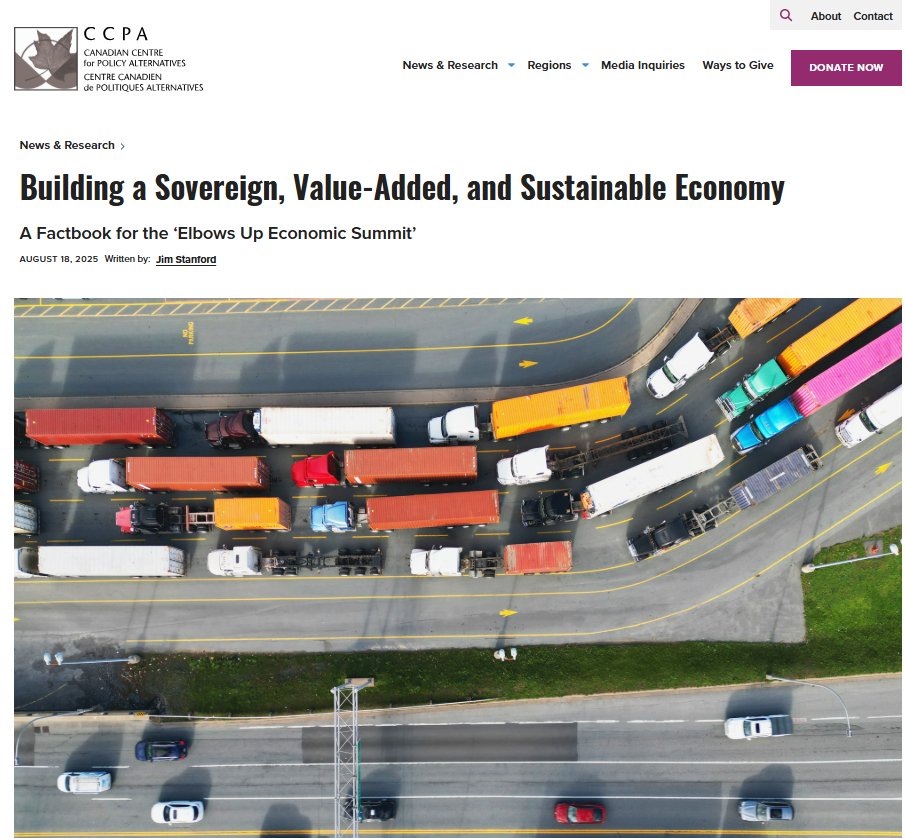Here’s a THREAD with some big news from me and @CntrFutureWork: We are going GLOBAL! This month we are opening a new office in Vancouver, Canada, where we will conduct great progressive research on #FutureOfWork issues in Canada, and around the world …2
Our @CntrFutureWork team in Australia is still working full speed ahead on Aussie labour issues: focusing now on the impacts of #COVID19, the JobKeeper program, IR changes & more. @ak_pennington, @Dan_Nahum and me will keep churning it out with our partners at @TheAusInstitute…3 

With our new Cdn office, we'll now be doing similar work in Canada. We’ll look at how work is changing, and how to make it better. We’ll cover technology, gig work, wage stagnation, precarity, collective bargaining & more. Please visit our website: centreforfuturework.ca …4
We're opening our Canadian office in collaboration with our friends at the @ccpa, where I have long served as a voluntary Research Associate. Our office will be located in shared space with the @CCPA_BC team & we'll work on many joint projects together …5
A focus for our initial work is a very exciting project called #PowerShare. It's a multi-year research project, in partnership with @AtkinsonCF & the @ccpa, to study how to shift power relationships in the #FutureOfWork …6 

Amidst all the hoopla about new technology & digital business models, and knee-jerk advice that workers just need to ‘get more skills’ and ‘become more flexible’, one key issue is typically ignored. The #FutureOfWork discourse doesn’t pay nearly enough attention to *power* …7
Technology isn't inherently good or bad; it can help workers, or hurt them. It all depends on who makes the decisions, and who has power to advance their interests. #PowerShare will study the determinants of workers’ power to advance demands for better work--and win them …8
Our 1st #PowerShare report, coming this spring, will focus on the #COVID19 crisis & how it must change work ‘for good’ (in both senses of that term!). There are many ways the pandemic should lead to better, safer, fairer work. We'll investigate concrete ways to achieve that ...9
I'm super excited to jump back into #cdnecon debates! Our Cdn office of @CntrFutureWork, & the great partnerships we're building, will help to win a better future for work, & workers. To stay in touch, please sign up for our Cdn contact list at: centreforfuturework.ca/contact/. END
• • •
Missing some Tweet in this thread? You can try to
force a refresh











